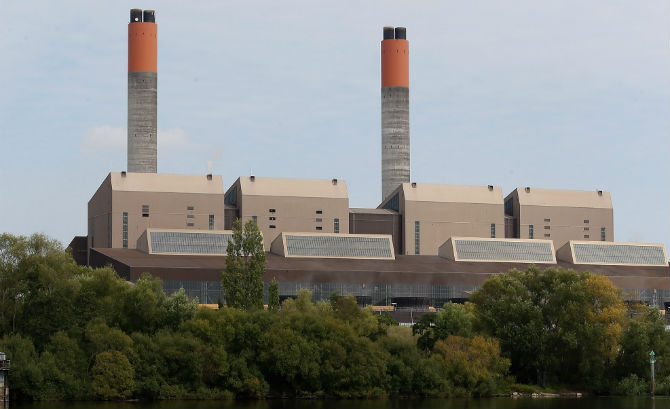New Zealand will stop burning coal

On August 6, Genesis Energy Limited, the largest electricity and natural gas supplier in New Zealand, announced the near termination of coal-fired power plants. In 2018, the last two generators operating on this type of fossil fuel at the largest Huntly Power Station TPP will be stopped forever.
This will be the next step towards the goal set by the government for the next 10 years. The plan implies the need to obtain 90% of all electricity needed by the country using renewable sources. True, this does not mean that coal will no longer be used at all - some industries will still produce energy by burning this fossil - but the burning rate will be much lower than the current ones.
The actual power of a thermal power plantHuntly Power Station is 953 MW. After stopping coal-fired generators, this figure will decrease by more than 2 times. Some residents of the country express fears in this connection that in quite hot years they may face power outages.
Independent energy expert Brian Leland believes that while the threat of power outages during the hot years does exist, Genesis’s overall decision to shut down generators was reasonable.
Genesis Energy Limited is headquartered in Auckland, New Zealand's largest city, with a population of over 1.3 million.
Currently, New Zealand receives more than 80% of all electricity from renewable sources - mainly hydroelectric power and geothermal energy. The government also seeks to develop wind farms.
Russia is in fifth place on the list of major renewable energy producers. About 16% of all energy consumed by the country is produced by hydroelectric power plants, the same amount is due to nuclear energy, 68% of the energy comes from thermal power plants. Power plants on renewable sources, with the exception of hydroelectric power plants, produce in total no more than 1% of energy.
